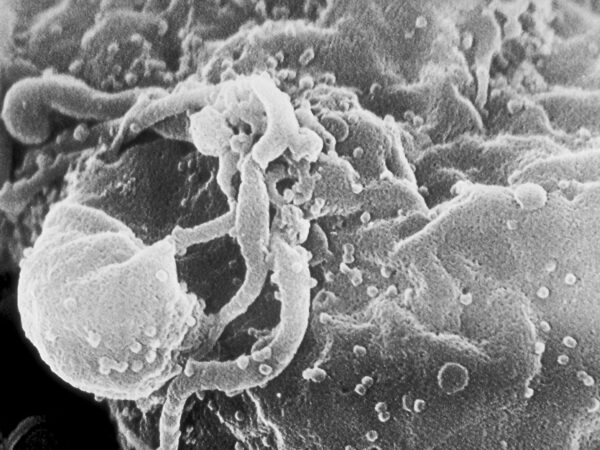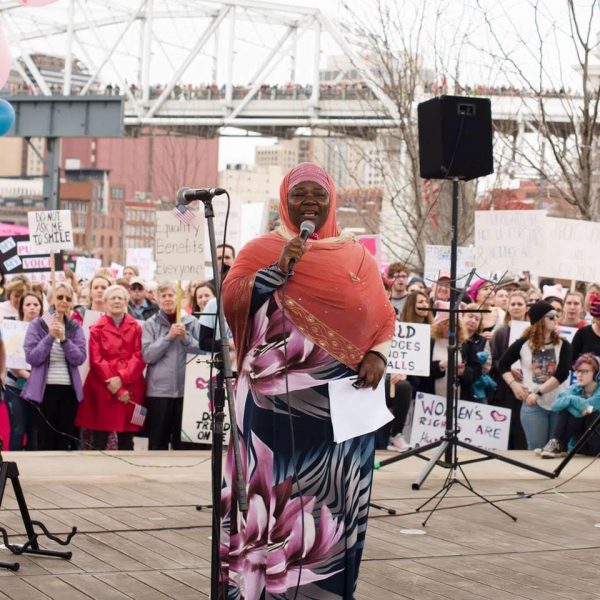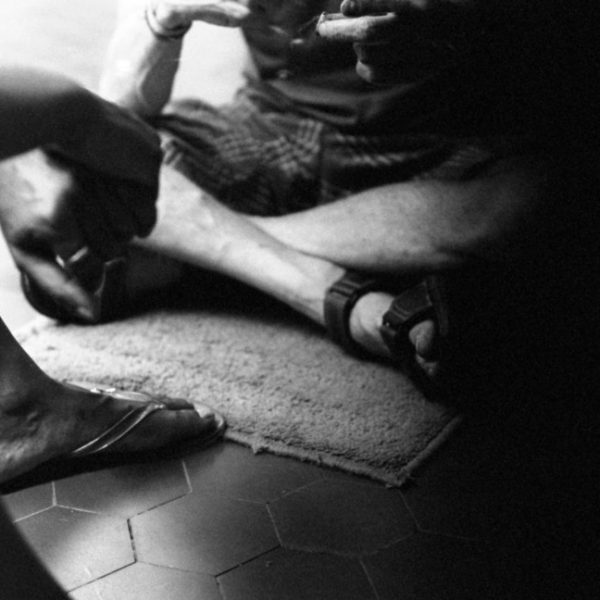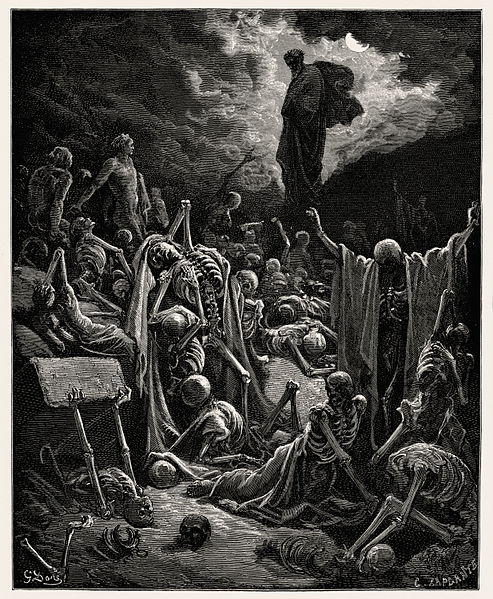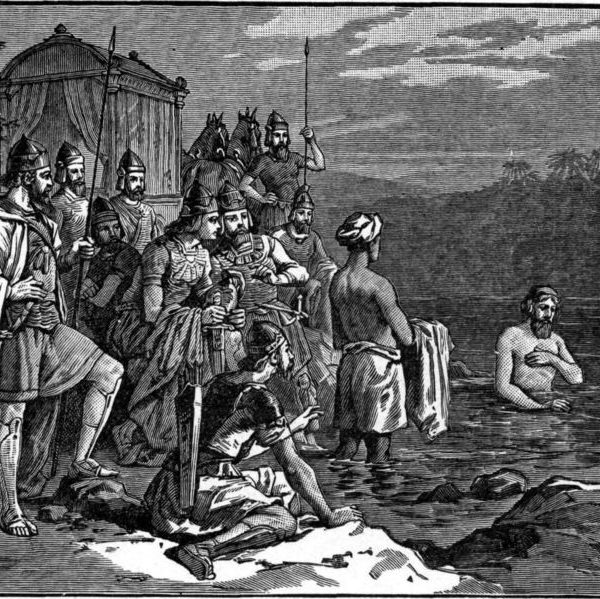
In the midst of a complicated and troubled world it may seem impossible to make a difference, and yet, the wish of a little Israelite girl says otherwise. The spirit of the young Israelite girl and her larger cadre of enslave servants to Naaman live on today in the resourceful actions and tireless work of so many influential youth in our world, those whose passion and will for change persist.
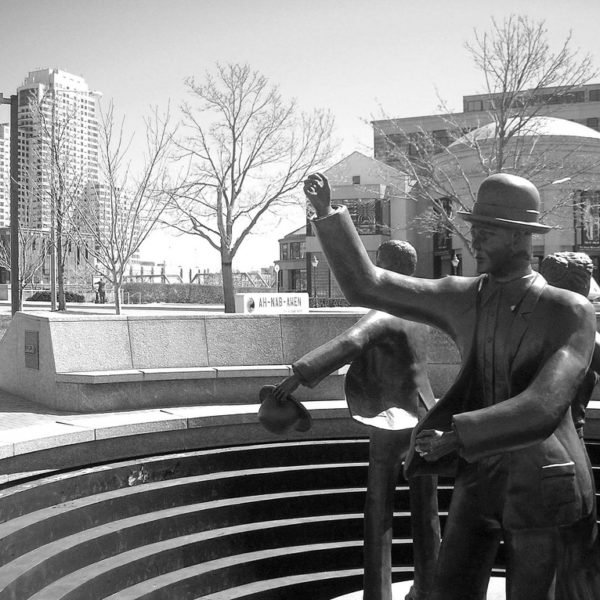
Labor leaders and scholars from around the world are gathering for a two-day symposium in Syracuse, New York, to explore how the moral resources within religious traditions can invigorate labor activism and struggles for labor justice. The symposium will bring together ethicists, theorists, theologians, historians, and others to foster a dialogue intended both to deepen scholarly conversations around these issues and to promote greater intellectual depth for faith-based labor organizing. The conference will be held at Syracuse University and Le Moyne College on April 10-11. Registration is free and all are welcome.

In light of the two kingdoms doctrine and the separation of church and state, understanding the appropriate form of Christian prayer for and engagement with the political realities of our societies can be complex. In Jeremiah’s message to an exiled people, we find a pattern for prayer in a pluralistic context, a calling that identifies our primary task to be one of seeking the common good and welfare of our communities, rather than one of submission or conversion.
